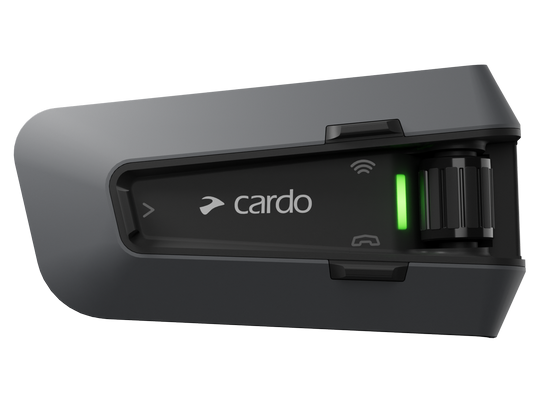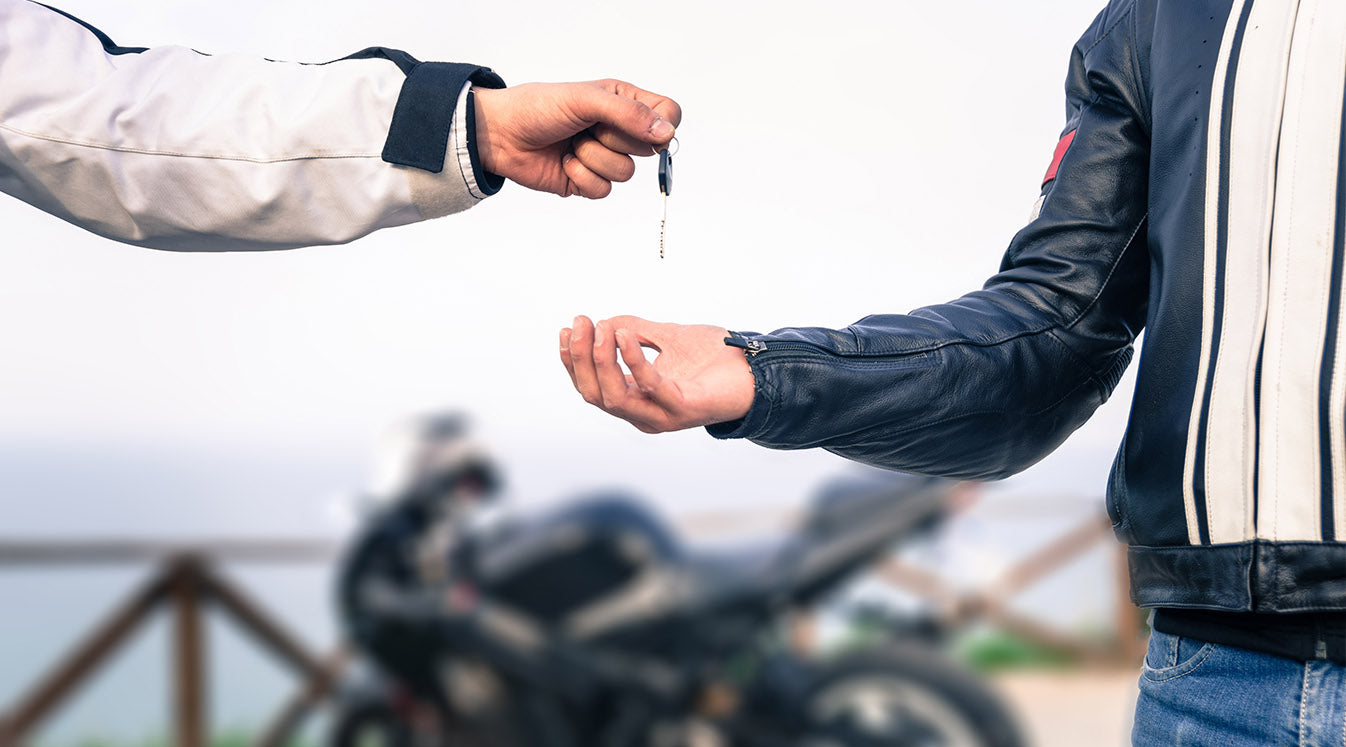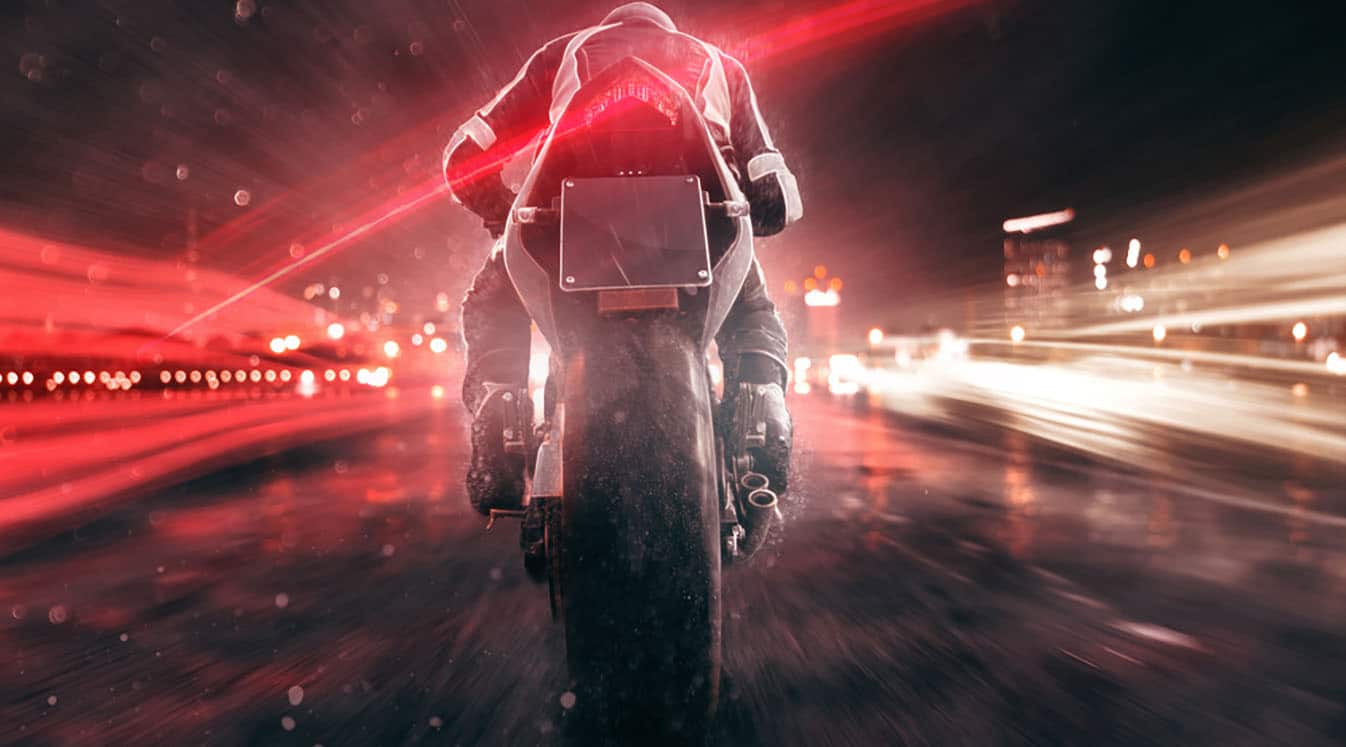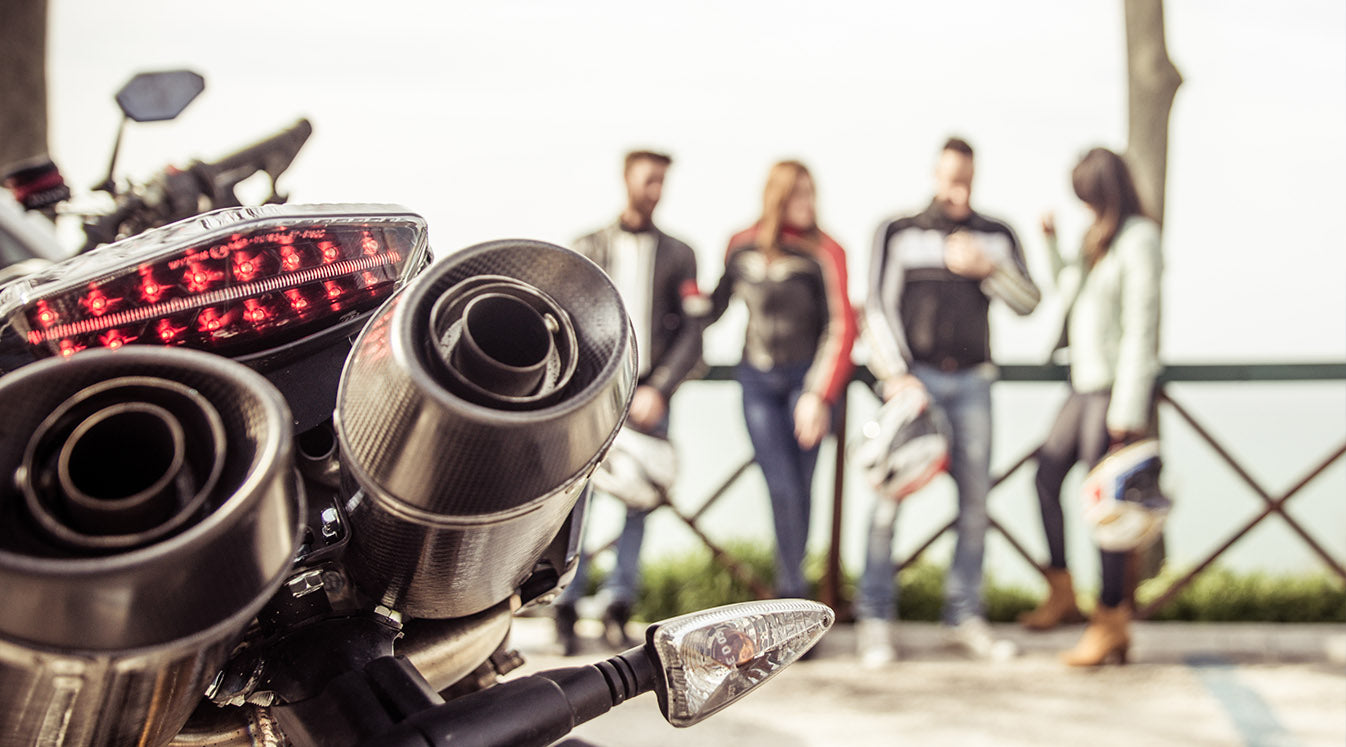Just how much does a motorcycle cost, typically? It’s time to find out! In this article, we’ll provide a quick guide to how motorcycles are priced. Along the way, we’ll examine the price differences you can expect to find between different types of motorcycles, as well as hidden costs to watch out for.
How Much Does a Motorcycle Cost? Common Price Points
A new motorcycle can cost anywhere from $4,000 to $6,000 for an entry-level model to $30,000 and up for very high-end bikes. Most motorcycles are priced somewhere in between. For the majority of styles, you’ll find a lot of awesome models clustered in the $6,000 to $15,000 range.
If you’re considering a used motorcycle, you may be able to find a good bike for significantly less money. You’ll often find used motorcycles listed online for 20 to 50 percent or more below MSRP. However, there are some financial caveats about buying a used bike to be aware of, which we’ll discuss in a later section below.
At the end of the day, it’s most important to have a motorcycle that fits your body and is appropriate for your skill level, regardless of price. That said, the price you pay for a motorcycle is important for establishing the general range of bikes you’ll be looking at. And, of course, it’s important not to get yourself into financial hot water by buying something you can’t afford.
Factors That Affect How Much a Motorcycle Costs
What are the major factors that motorcycle manufacturers use to price their models? Put more directly, what are you buying when you put down your money to buy a motorcycle?
- Engine Size: The size of a motorcycle’s engine is a major factor in its price. Engine size is also known as displacement and is typically measured in CCs (cubic centimeters). Larger-CC engines typically cost more.
- Horsepower: A motorcycle’s horsepower (HP) is a measurement of its output in terms of how much physical force it produces. (Horsepower is not the same thing as displacement, but the two are related.) Motorcycles with more horsepower will usually cost more.
- Newness: Like cars, motorcycles depreciate in value over time, so an older model of motorcycle will almost always be worth less than a new version of the same model unless it’s rare enough to be considered a collectible.
- Body: Motorcycles with an especially attractive body styling and/or higher-quality body materials may be priced higher.
- Features: Extra features and upgrades are among the most common things that increase the price of a motorcycle. Features like built-in GPS, satellite radio, anti-lock braking, panniers—the list goes on, and the more of them you add, the more you’ll pay.
- Brand: Certain motorcycle brands, particularly legends like Ducati or Harley-Davidson, carry a lot of prestige with them. When you pay for the name, you’re paying partly for their reputation for quality.
In the next sections, we’ll talk about the different types of motorcycles and how much you can expect to pay for each one. We’ll even give you a few popular model options and their price points!
Cost of a Standard/Street Motorcycle
Standard motorcycles, also called street motorcycles or naked bikes, are a stripped-down and versatile style. Some resemble sport bikes without a fairing, while others rock a more vintage style. They’re popular with riders of all skill levels, thanks to their economical design and wide range of price points, and most bike manufacturers offer standard models of some kind.
Here are some approximate price points for popular standard motorcycles:
-
Entry-Level Standard Motorcycles:
- KTM 390 Duke: $5,499
- Honda CB300R: $4,949
-
Mid-Level Standard Motorcycles:
- Yamaha MT-07: $7,699
- Honda CB650R: $9,199
-
Luxury Standard Motorcycles:
- BMW R1250R: $14,995
- Kawasaki Z H2: $17,500
Cost of a Cruiser Motorcycle
Cruiser motorcycles are the long, low-riding motorcycles that most people associate with biker culture. Harley-Davidson is by far the most famous cruiser manufacturer, but other companies like Indian and Honda produce well-regarded cruisers. Cruisers aren’t particularly fast, but they’re stable and fun to ride, which makes entry-level cruisers a popular choice for new riders.
For a cruiser motorcycle, here’s what you can usually expect to pay:
-
Entry-Level Cruiser Motorcycles:
- Honda Rebel 300: $4,599
- Yamaha V-Star 250: $4,349
-
Mid-Level Cruiser Motorcycles:
- Indian Scout Bobber: $10,999
- Harley-Davidson Softail Standard: $13,599
-
Luxury Cruiser Motorcycles:
- Indian Vintage: $20,499
- Harley-Davidson Sport Glide: $18,599
Cost of a Sport Motorcycle
Sport motorcycles are sleek bikes that are built for extreme speed and horsepower. Japanese manufacturers like Honda and Kawasaki, as well as European firms like Ducati and BMW, dominate this market. The muscular engines of sport motorcycles mean that they’re often more expensive than other types once you leave the entry-level price range.
Below are some average price points for popular sport bike models:
-
Entry-Level Sport Motorcycle:
- Kawasaki Ninja 400: $4,999
- Yamaha YZF-R3: $5,299
-
Mid-Level Sport Motorcycle:
- Honda CB600RR: $11,899
- Ducati SuperSport: $13,095
-
Luxury Sport Motorcycle:
- BMW S1000RR: $16,995
- Kawasaki Ninja H2: $29,500
Cost of a Touring Motorcycle
Touring motorcycles are big-bodied bikes with powerful engines that are designed for a smooth, comfortable ride over long distances. Harley-Davidson and Honda are two of the biggest names in touring bikes, but many motorcycle manufacturers include at least one touring model in their lineup.
Touring bikes typically come at a higher price point than other motorcycles, as shown below:
-
Entry-Level Touring Motorcycle:
- Yamaha FJR1300: $17,599
- BMW R1250GS: $17,995
-
Mid-Level Touring Motorcycle:
- Harley-Davidson Road Glide: $21,699
- Yamaha Star Eluder: $22,499
-
Luxury Touring Motorcycle:
- Honda Gold Wing Tour: $27,500
- Indian Roadmaster: $29,999
Cost of an Adventure/Dual-Sport Motorcycle
Adventure motorcycles are designed for riding versatility while remaining street legal and comfortable to ride. They’re just as good on backroads as they are on highways, and most are comfortable enough to take on a long-distance ride as well. Many different manufacturers produce adventure bikes, but Suzuki, Yamaha and KTM all have great options at a variety of price points.
-
Entry-Level Adventure Motorcycle:
- KTM 390 Adventure: $6,199
- Kawasaki Versys-X 300: $5,899
-
Mid-Level Adventure Motorcycle:
- Suzuki V-Strom 650: $8,799
- Triumph Tiger 800: $12,000
-
Luxury Adventure Motorcycle:
- Honda Africa Twin: $14,399
- Yamaha Super Tenere: $16,299
Buying a Used Motorcycle
As previously mentioned, you can often save a lot of money by buying a used motorcycle. Many reputable dealerships offer both used and new motorcycles, so check out the options for buying a used bike in your area.
Buying a motorcycle from a private seller can also be a good option, and the best deals often come through private sellers. General classified sites like Craigslist and Facebook Marketplace will typically have a wide selection of used motorcycles, but specialty motorcycle trading sites are always worth checking out as well.
Here are a couple of financial factors you should be sure to look out for when buying a used motorcycle:
- Get the Kelley Blue Book value for any motorcycle you’re considering before you look at it.
- Research the secondhand market for that specific model of bike beforehand and find out how the KBB price stacks up against what these models are actually selling for.
- The bike should have a clear title, and the seller should be readily able to provide the original document.
- Be aware of aftermarket parts installed on the bike and know how they can affect its value.
- As a general rule, if it seems too good to be true, there’s a good chance it might be, so tread carefully.
How to Pay for a Motorcycle
In general, cash is the best way to buy a motorcycle. You’ll walk out owning the motorcycle outright, and you won’t pay interest on your purchase as you would with a loan. If you don’t have the cash on hand to buy a motorcycle outright, think carefully about whether you can actually afford it.
That’s not to say you should absolutely never use a credit card or take out a loan to pay for a motorcycle. If you can get affordable financing terms because you have an excellent credit score and/or a good bank, go for it. Just be cautious not to talk yourself into something that’s out of your price range simply because you can get approved for it.
Finally, here’s a tip: You don’t have to tell a motorcycle dealer that you’re planning on paying cash from the outset. Ask about financing options, start negotiating and then tell them you’re paying cash once you’ve gotten a price you think is fair. For more about how to sort through the variety of motorcycle financing options available, see our guide to financing a motorcycle.
Beyond the Bike: Other Expenses to Keep in Mind
The bike itself isn’t the only important part of buying a motorcycle. Your purchase will come with some other key expenses that you should make sure are accounted for in your budget:
-
Dealer Fees: A dealer will always charge additional fees on top of a motorcycle’s sticker price. These typically include:
- Document fee, for processing documents such as the motorcycle’s title
- Destination fee, for transporting the bike from its warehouse of origin
- Setup fee, for the dealer’s technicians to get the motorcycle ready to ride
- Sales tax, usually required by the state
- Insurance: Like passenger vehicles, motorcycle owners have to carry liability insurance. If you already have a passenger vehicle, a great first step is to ask your auto insurer about whether they offer motorcycle insurance policies. Remember that liability coverage is the bare minimum and collision and/or comprehensive coverage is a great idea for protecting your bike. Insurance rates vary widely with state, type of motorcycle, the rider’s safety record and other factors.
- Registration, Title and Tax: Motorcycle owners need to pay these government fees to establish legal ownership of the bike and ensure that it’s street legal. In most U.S. states, you’ll handle this paperwork through your state’s DMV, but procedures (and fees) vary by state. Note that this tax is a vehicle tax, paid when you renew your registration and plates, and is not the same as the sales tax you pay at the dealership.
- Safety Gear: A DOT-approved motorcycle helmet is a non-negotiable and may be required, depending on your state laws. Other safety gear, like a padded motorcycle jacket and a motorcycle communication system, is optional but highly recommended. For more about the gear that will keep you protected while riding, check out our list of essential motorcycle gear for beginners, and see our state helmet laws database to learn about helmet laws near you.
Buying a motorcycle is an incredibly exciting experience, and it’s perfectly possible to make a smart buy whether you’re a first-timer or an old hand. Pay attention to your budget and do your research, and you’ll walk out with something that’s both affordable and hair-raisingly awesome.
And when it’s time to get that beautiful machine on the road, make sure you’re packing some great motorcycle helmet speakers like the Cardo Packtalk Bold so you can enjoy your favorite media and stay in touch with friends!





